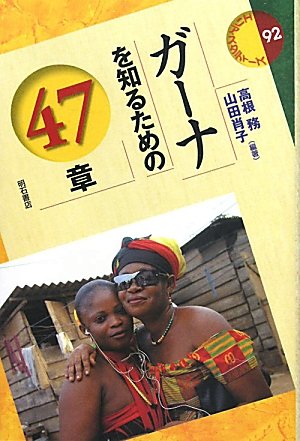1 0 0 0 OA SDG4形成過程の言説分析に基づくグローバル・ガバナンス再考
- 著者
- 山田 肖子
- 出版者
- 国際開発学会
- 雑誌
- 国際開発研究 (ISSN:13423045)
- 巻号頁・発行日
- vol.25, no.1-2, pp.17-33, 2016-11-15 (Released:2019-09-27)
- 参考文献数
- 31
Based on the analysis of the discourse in the process of consensus building toward a post-2015 education agenda, this paper will examine if commonly accepted notion of “global governance” represents the reality or is in need of revision.The paper examines the interplay among actors who took part in the discourse via different channels of global governance, including both formal and informal channels. Most of the forums and entities established as part of the global governance structure are composed of representatives from UN or UNESCO member states, civil society organizations (CSOs), and UN agencies. However, each of these categories has diverse constituent groups; representing these groups is not as straightforward a task as the governance structure seems to assume. Therefore, based on interviews and qualitative text analysis, this paper will introduce major groups of actors and their major issues of concern, decision-making structure, mode of communication, and relationship with other actors. Then, based on an understanding of the characteristics of the various channels and actors, it will present the structural issues which determined the nature of discourse and the educational issues that emerged as the shared concerns of the “education community”.What was the post-2015 discourse for the so-called education community, which in itself has an ambiguous and virtual existence? The key words post-2015 and post-EFA provide us with an opportunity to untangle how shared norms and codes of conduct were socially constructed in the vertical and horizontal spaces of discourse at the global, regional, and national levels.Given that the most of such processes toward constructing the norms and decision-making framework happened outside of the formal United Nations-led mechanism, the paper argues that the global governance theories based on the relationships between states and their representative “international bodies” are losing relevance to the global dynamics of consensus building.
1 0 0 0 OA 特集「国際開発学2.0―新型コロナとニューノーマル」
1 0 0 0 ガーナを知るための47章
- 著者
- 高根務 山田肖子編著
- 出版者
- 明石書店
- 巻号頁・発行日
- 2011
- 著者
- 森下 稔 山田 肖子 服部 美奈 奥田 久春
- 出版者
- 一般社団法人日本教育学会
- 雑誌
- 日本教育学会大會研究発表要項
- 巻号頁・発行日
- vol.73, pp.134-135, 2014-08-21
1 0 0 0 OA 発展途上国教育研究の再構築:地域研究と開発研究の複合的アプローチ
- 著者
- 山田 肖子 森下 稔 服部 美奈 黒田 一雄 日下部 達哉 大塚 豊 北村 友人 西村 幹子 小松 太郎 乾 美紀 鴨川 明子 澤村 信英
- 出版者
- 名古屋大学
- 雑誌
- 基盤研究(A)
- 巻号頁・発行日
- 2009-04-01
本研究では、実践や学問観が多様化する比較教育学に関し、学問観を整理、マッピングするとともに、異なる研究アプローチを持つ者がチームでフィールドワークを行った。成果として、「比較教育学の地平を拓く:多様な学問観と知の共働」という本(分担者の森下稔氏と共編)を刊行した(平成25年3月、東信堂)。また、共同フィールドワークは、モルディブ国で4回にわたって行われ、その成果は平成25年2月に、モルディブ国における成果報告会で発表された。この報告会は、教育省主催で行われ、強い関心を集めた。モルディブ調査に関係した研究者が個別に論文を投稿したほか、25年度に繰り越した予算で和文での報告書も作成した。
1 0 0 0 OA 教育の国際援助・交流・連携の政治経済学的探求-「国際教育政策学」の構築を目指して
- 著者
- 黒田 一雄 勝間 靖 岡田 亜弥 北村 友人 澤田 康幸 山田 肖子 米澤 彰純 浜野 隆 小川 啓一 澤村 信英 杉村 美紀 吉田 和浩 園田 茂人 鈴木 隆子
- 出版者
- 早稲田大学
- 雑誌
- 基盤研究(A)
- 巻号頁・発行日
- 2006
本研究の成果は、政治経済社会のグローバリゼーションによって、従来国家(ナショナル)のレベルにおいて主な政策決定がなされてきた教育においても、世界的(グローバル)もしくは地域的(リージョナル)なレベルでの政策の立案や実施の重要性が増しつつあることを明らかにしたことである。これらの成果は、様々な国際会議や出版を通じて、日本や国際社会の国際教育交流・協力・連携の実践・政策過程に対して、実際にインプットされた。


